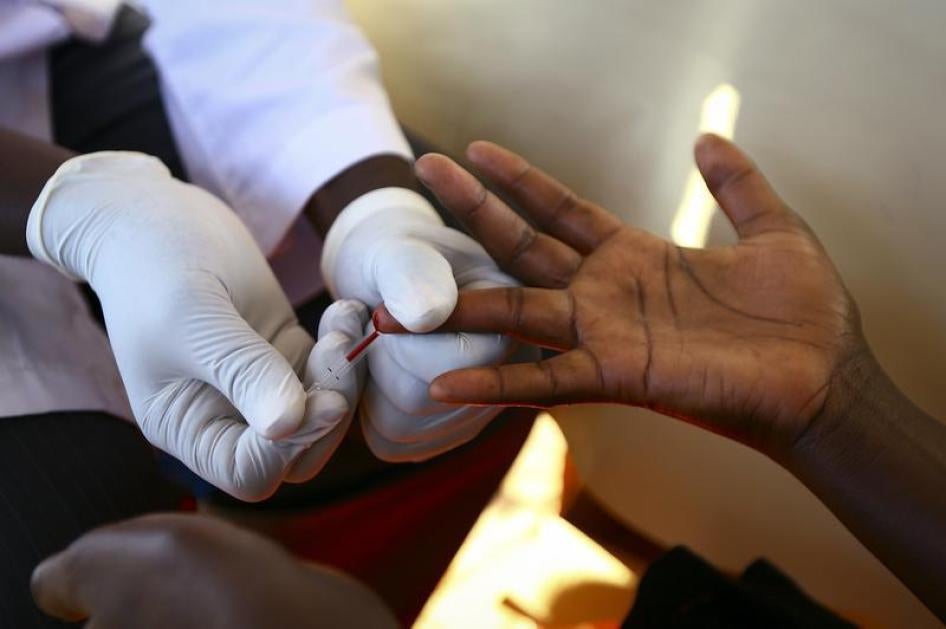The British journal The Lancet published a special issue last week entitled “Defeating AIDS – advancing global health.” The issue came out as the United Nations Joint Programme on AIDS (UNAIDS) is putting forth a new strategy to end the epidemic and translate the many lessons learned from fighting AIDS to broader global health priorities.
The strategy seeks to scale up treatment and press governments to fund targeted prevention strategies for individuals at highest risk of infection. But what caught my eye was the recognition that, as the authors state, “human rights have been a driver” of the achievements of the AIDS response to date, and that to make future gains we need to “forge new paths to uphold human rights.”
The authors are blunt about the results when ideology has trumped both evidence and rights-based approaches in the past: “Some countries have chosen to let sex workers, MSM [men who have sex with men], transgender people, and injecting drug users die of AIDS rather than change the laws and policies affecting them.”
While much has been achieved in the fight against AIDS, there are more than one million AIDS-related deaths annually and more than 20 million people who do not have access to life-saving treatment. Increased treatment and prevention is crucial, but from the beginning of the epidemic activism, accountability, and human rights have been critical, and they will remain so until the end.








